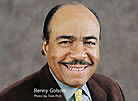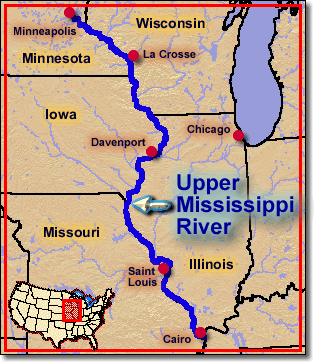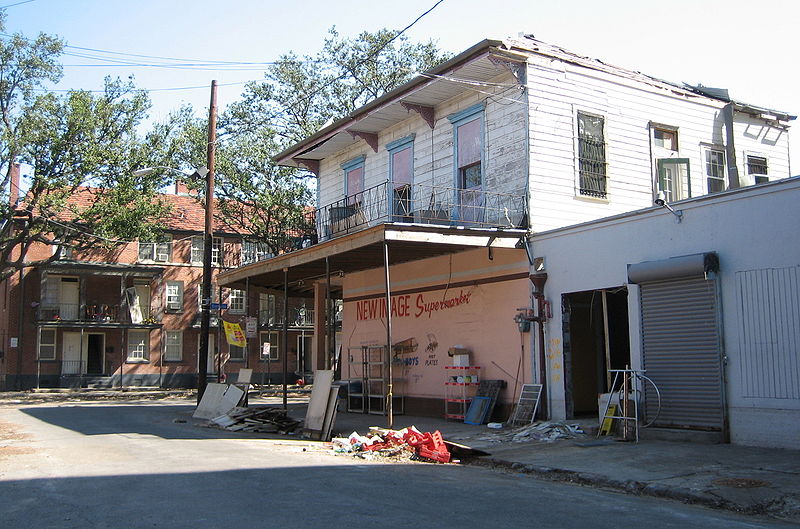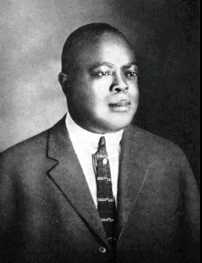by Clive Powell
Artistic Director - Jazz Alive
Methodology
In my efforts to discuss the statement above and arrive at an informed conclusion, I have
reviewed relevant secondary information sources including published articles, books, book
reviews, website blogs and conduct a primary source interview with a key practitioner of BBJ
(Black British Jazz).i
The historical context of black jazz heritage
Several studies show us that the lineage of jazz in the British Isles can be traced beyond the
landmark date of the arrival from America of the controversial all-white Original Dixieland
Jazz Band (ODJB) in April 1919. There are numerous precedents like ragtime, blues,
vaudeville songs and even minstrelsy (that continued well into the early 1970’s, with the
BBC’s televised program, “the Black and White Minstrel Show”) that could be considered
early forms of the jazz idiom. Rye (1990) traces the lineage beyond 1919 stating, “there is no
clear dividing line, either in fact or in public consciousness, between the [black] minstrelsy of
the nineteenth century and those forms of Afro-American music which have been known
since 1920 as jazz and blues” (p. 45). Shipton (2001) concurs with Rye and asserts, “in
reality the syncopated orchestra had got their first” (p.52). According to Mckay ( 2005),
Shipton is referring to: “James Reese Europe’s Hellfighters and Will Vodery’s black band in
the war theatre in 1918 and then Will Marion Cook in London in the following year” (p.132).
This ongoing contestation as to who first introduced jazz to Britain is not purely a matter of
fact in terms of precedent and dates, but also a matter of ownership and heritage which later
affected the identity of modern jazz and its common interpretation, communication and
implementation. Since, in 1919 two bands arrived separately to play in London. One, the all
white New Orleanians , Original Dixieland Jazz Band (ODJB) in April and the other, the
black Southern Syncopated Orchestra (SSO) in June. The former are much reported to have
claimed to have even invented jazz and despite the very different performance styles,
repertoire, audiences, exposure and levels of popular success of both groups, Parsonage
(2005) acknowledges that both of these groups were “vital to the evolution of jazz in Britain”
(p.160). Somewhat controversially, Parsonage concludes her analysis of the ODJB and SSO
by stating it was the SSO and not the ODJB “which received serious musical criticism that
began to establish black music and jazz as significant art forms in the twentieth century”
(p.162).
Artistic Director - Jazz Alive
Methodology
In my efforts to discuss the statement above and arrive at an informed conclusion, I have
reviewed relevant secondary information sources including published articles, books, book
reviews, website blogs and conduct a primary source interview with a key practitioner of BBJ
(Black British Jazz).i
The historical context of black jazz heritage
Several studies show us that the lineage of jazz in the British Isles can be traced beyond the
landmark date of the arrival from America of the controversial all-white Original Dixieland
Jazz Band (ODJB) in April 1919. There are numerous precedents like ragtime, blues,
vaudeville songs and even minstrelsy (that continued well into the early 1970’s, with the
BBC’s televised program, “the Black and White Minstrel Show”) that could be considered
early forms of the jazz idiom. Rye (1990) traces the lineage beyond 1919 stating, “there is no
clear dividing line, either in fact or in public consciousness, between the [black] minstrelsy of
the nineteenth century and those forms of Afro-American music which have been known
since 1920 as jazz and blues” (p. 45). Shipton (2001) concurs with Rye and asserts, “in
reality the syncopated orchestra had got their first” (p.52). According to Mckay ( 2005),
Shipton is referring to: “James Reese Europe’s Hellfighters and Will Vodery’s black band in
the war theatre in 1918 and then Will Marion Cook in London in the following year” (p.132).
This ongoing contestation as to who first introduced jazz to Britain is not purely a matter of
fact in terms of precedent and dates, but also a matter of ownership and heritage which later
affected the identity of modern jazz and its common interpretation, communication and
implementation. Since, in 1919 two bands arrived separately to play in London. One, the all
white New Orleanians , Original Dixieland Jazz Band (ODJB) in April and the other, the
black Southern Syncopated Orchestra (SSO) in June. The former are much reported to have
claimed to have even invented jazz and despite the very different performance styles,
repertoire, audiences, exposure and levels of popular success of both groups, Parsonage
(2005) acknowledges that both of these groups were “vital to the evolution of jazz in Britain”
(p.160). Somewhat controversially, Parsonage concludes her analysis of the ODJB and SSO
by stating it was the SSO and not the ODJB “which received serious musical criticism that
began to establish black music and jazz as significant art forms in the twentieth century”
(p.162).















